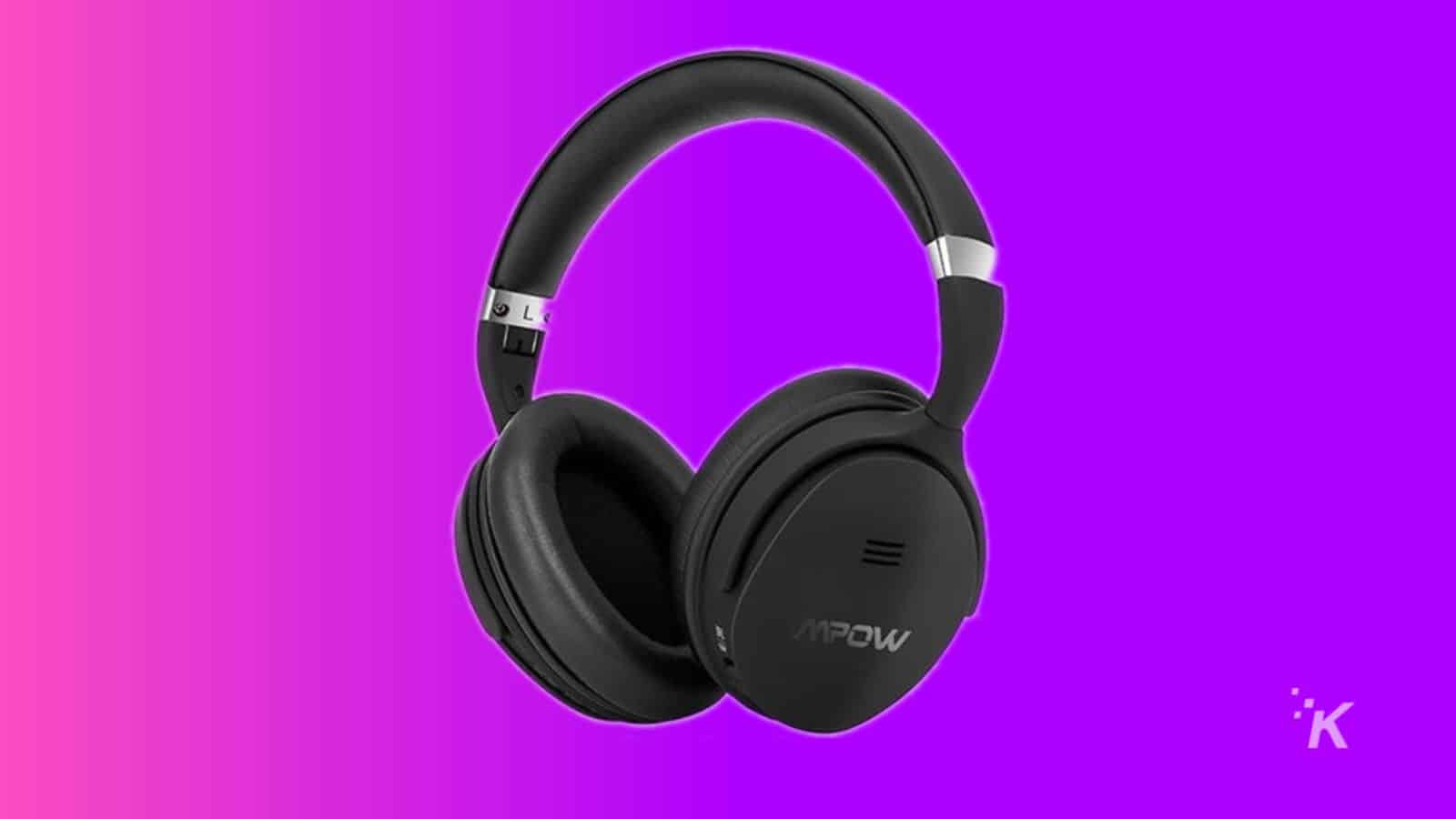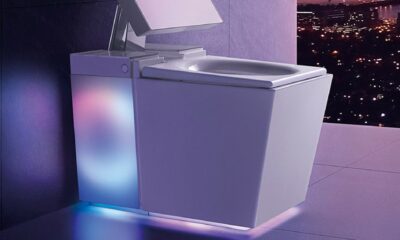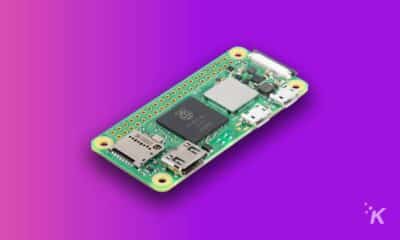Tech
5 tips to make your headphones last longer
Stop headphones from breaking, malfunction or any other damage

No electronic component is built to last forever, and headphones are no different. Sooner or later, every pair of headset fails.
Gaming headphones take the most abuse as many of us vent post-game frustration on them after losing a close battle. They are also more susceptible to moisture ingression, we all sweat profusely at the peak of intense gameplay. Unless they are rugged, Gaming headsets would be a constant drain on your pocket.
Apart from physical damage, the intricate electronic components of headsets get jostled and wear down over time. You can’t prevent the inevitable, but you can buy some time.
How long should headphones last? Probably, more than two years. However, following the tips we are going to share in this post, you can double or triple the expected lifespan.
Wind The Cord Into Knots:
Wired headphones these days come with pretty long cords. For instance, compare the 10 feet cord of Sony MDGRV6 with the industry standard of 5-6 feet.
The problem with these cords is that you have to take extra care of them. They are likely to be stepped on, rolled over by a computer chair or desk. And if they are dangling off the edge of a desk, the repetitive press or pinch sever the internal wire. Or worse still, you can snap them in an accident. All these scenarios can ruin the headphones without repair.
While you can always invest in wireless headphones (with wired option), an easy fix could be to wind up the cord into knots to prevent them from twisting and tangling. However, also be careful to not knot them tightly as it can damage the internal wires. Securing the cable with a twist tie or velcro strap, if done rightly, will add months in headphones expected life.
Invest In A Quality Headphone Case:
A protective headphones case, especially while traveling, can save you from disastrous situations (Imagine tossing your headphones into a backpack, and getting them damaged as you bump the bag into a wall, passerby or even desk).
By investing in a premium case, you save the headsets from being crushed, pinched, or disfigured. Hard cases should be preferred, especially those having an extra pocket for detachable wire.
Don’t have the budget? No problem. Even a pouch can do the job.
Clean Them Up Once In A While
On-ear and over-ear headphones are less likely to be damaged by earwax buildup. However, many of them are poorly resistant to water ingression, and if the sweat from exercise or water on a rainy day makes contact with the sensitive components inside, the damage is irreparable.
Don’t use the headphones in the rain or directly out of the shower. The drivers inside the headphones don’t get along with the moisture and even humidity.
You should make it a habit to rinse off the moisture after an intense workout or running even if the headsets are waterproof. For in-ear headphones, buy ear wax cleaning tools separately if they don’t ship with your pair. Cleaning them up regularly would make sure that the Earwax buildup doesn’t get in the way of sound performance.
Pull The Plug Not The Cord
The plug is the weakest link of a headset cable. It is the part that goes into computers, smartphones and sound systems. Ever experience the problem where you can only hear sound in one ear, and when you twist or pinch the plug and it is back to normal? This indicates a faulty plug.
Many of us fall into the trap of pulling the cord to unplug the headphones. This weakens the internal wires without you knowing and ultimately leads to more serious problems.
Though a nasty habit, forcing yourself out of it is easier said than done. After all, it is more convenient to pull the cord. However, if you make a switch to a cord with an L-shaped jack or manage to discipline yourself, headphones life can be significantly enhanced.
Don’t Crank Up The Volume to Full:
While listening to music at a high volume can damage your ears at one hand, it can also damage the sensitive electronic component inside. The damage is cumulative and is often a result of high vibrations of the sound.
Also when you plug the headphones into the jack of any media device, always reduce the volume of the music if it is already playing. Otherwise, the drivers inside the ear cups would degrade over time until they fail completely.
Conclusion:
We hope these tips will prolong the life expectancy of your headphones. Keep in mind, none of them is going to help if you own cheap headphones. By skimping on the price, you are basically making a trade-off of durability. Robust build quality comes at a price, and you should better pay it when you have the chance.
Have any thoughts on this? Let us know down below in the comments or carry the discussion over to our Twitter or Facebook.
Editors’ Recommendations:
































